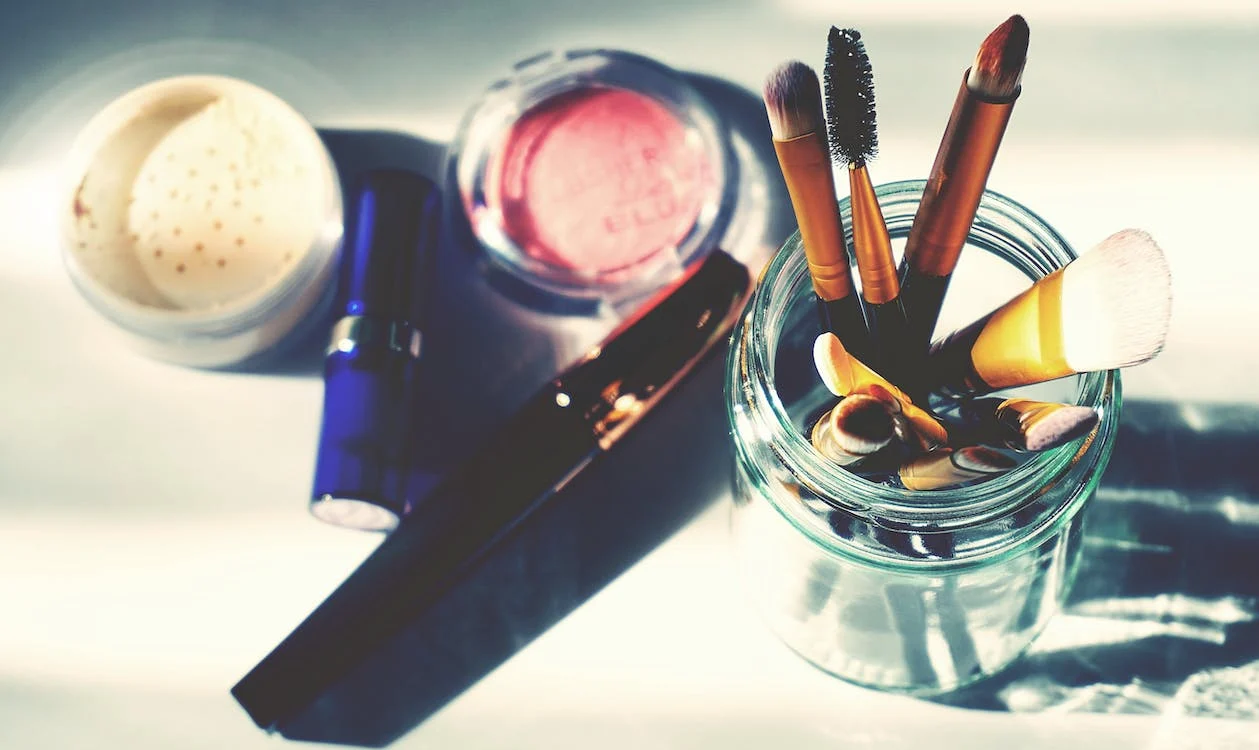Way back, years and years ago just after the dinosaurs stopped roaming the Earth, I discovered that my skin got red and occasionally swollen from certain cosmetics. So, it set me on what will be a lifetime journey (probably for you as well) to find cosmetics that didn’t irritate and still worked well. Like so many other people who have allergies, my first step was to gravitate towards all the hundreds of thousands of hypoallergenic cosmetics out there. Well, it turns out that was a mistake, but you live and learn, as they say.
Now, let me lay a little truth bomb on you that I have since sussed out: Hypoallergenic products can and probably will still trigger your sensitive skin.
What “Hypoallergenic” Really Means?
So what does “hypoallergenic” mean if you can indeed still have irritated skin? Take, for example, hypoallergenic pet breeds. Having a hypoallergenic dog means that the breeder has bred out the gene that produces dander from the dog’s skin. This is typically what triggers allergies in people that are allergic to dogs. However, it is not the only thing that people allergic to dogs can have reactions to, jut the most common.
In cosmetics, what companies that produce hypoallergenic products do is remove fragrances and artificial coloring additives. This is great for people that have sensitive skin that is triggered by those two things. However, there is so much more in cosmetics that are either sensitivity-triggering or just plain bad for your skin.
Hypoallergenic products may remove their fragrances and artificial colorings, but they are still allowed to call products full of parabens, sodium lauryl sulfate, and petroleum perfectly hypoallergenic. And people eat it up, too. Although, most of them don’t know why they should be wary if they see those chemicals on their ingredient labels.
Furthermore, if you are sensitive to natural ingredients, hypoallergenic essentially means diddly-squat to you. They may not trigger your allergies because they don’t have the natural ingredient you are allergic to in it, but they certainly won’t go out of their way to keep all allergy-triggering natural ingredients out. If they did, there wouldn’t be cosmetics because allergies are so fickle. However, hypoallergenic brands won’t even bother to mind extremely common natural allergens like beeswax.
How to Choose Safer Hypoallergenic Cosmetics
In truth, if you have sensitive skin, “hypoallergenic” should be – Well, not the last thing – but one of the less important things to consider when reading the label. Hypoallergenic is still good, no one is arguing that. Even if you are sensitive to certain ingredients, fragrances and artificial dyes can still trigger as well as irritate things further.
However, there are more important factors to consider. Alongside your hypoallergenic label, look for:
- Organic – This is an important distinction, natural is not organic. Natural just means it came from nature, it still could be pumped with all sorts of chemicals. Organic means that those natural ingredients were grown or produced without any sort of pesticides or fertilizers that may also irritate your skin. You don’t have to go organic, but you should still watch out for some ingredients found in non-organic products. I like to use the Campaign for Safe Cosmetic’s Red List as a (basic) rule of thumb.
- Vegan – This is important if you are sensitive to animal by-products since a lot of chemically-sounding ingredients are actually made from various animals. If it isn’t certified vegan, it probably isn’t, so keep that in mind.
- Paraben-Free – Parabens are an ingredient added to many cosmetics as a preservative. They actually don’t cause skin irritation in too many people, but there is some debate back and forth on whether they cause breast cancer or not. So the choice of where you stand on the paraben debate is yours, but we will always let you know if there are present in products.
- Short List of Ingredients – You don’t want too many chemicals ingredients, but you also don’t want too many natural ingredients. If you have sensitive skin, most likely you are not just sensitive to one thing. The more “things,” the more chance your skin will get irritated.
So, in conclusion, hypoallergenic products are good, but a product being hypoallergenic doesn’t mean it won’t trigger your sensitive skin. What you really need to do is figure out which ingredients are your major triggers then find products to avoid them. However, you will still need to be aware that because sensitive skin is so, well, sensitive, you will likely be triggered by more than one thing.
While hypoallergenic can cut down on irritation, it won’t completely cut it out. The only way to live with sensitive skin is to find a product that works, stick to it, and hope you don’t develop a new allergy. Sounds so easy, right?
(It’s not, but we’re fighters to the end.)

